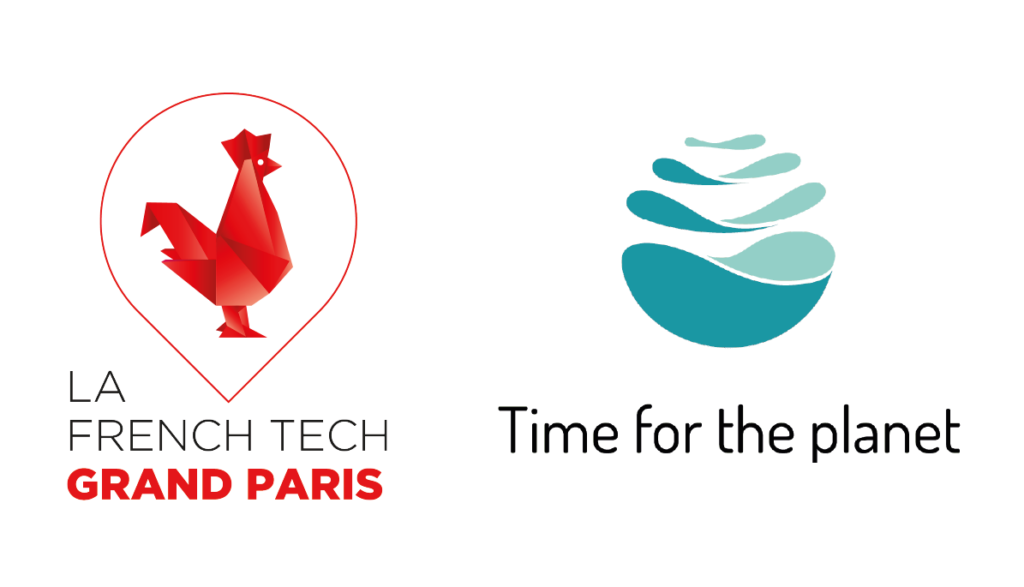The Internet is constantly evolving towards an ‘all connected’ IoE ecosystem based on unprecedented technological advances, from blockchain to artificial intelligence. This dynamic environment is fertile ground for cities and public places, enabling them to generate new sources of revenue while improving citizens’ quality of life. But this IoE relies on the collection of information that we will share individually and collectively, and which is currently controlled by the American digital giants, the GAFAs, but also exploited by manufacturers and telecoms operators. Over and above the ethical issues surrounding personal data and the more stringent legal context, we need to enable businesses, towns and industries to reclaim this data by restoring the full potential of a local Web. All of this, in the interests of their own development and of consumer usage.
By Florent Auroyer, President of UCOPIA
Today, 4.39 billion people in the world are Internet users, and one human being in five has a Facebook account. CB Insights even estimates that within two years, almost everyone on Earth will be producing 1.5 GB of data per day. What’s more, we are increasingly connected to billions of objects that collect information, which is analysed to help companies make better decisions.
As the inevitable gateway to the immense advantages of the Web, the GAFAs have penetrated the personal boundaries of billions of users, capturing gigantic volumes of data linked to their activity. And this black gold is priceless: according to the Boston Consulting Group, the value of personal data provided by Europeans could reach €1,000 billion by 2020. Personal data is a truly strategic asset for businesses, one that they can capitalise on to differentiate themselves, improve the customer experience and outperform the competition.
Aiming for a single European digital market with data at its epicentre
As guardians of the “grail” – customer data with very high commercial value – the GAFAs are seen as overly influential, hegemonic and intrusive, causing concern among the authorities and the general public. Despite the fact that the European Union is lagging behind in terms of digital development, there are plenty of regulations in place to provide a framework for their activities, such as the General Data Protection Regulation (GDPR), which supports the fundamental right of every European citizen to the protection of his or her private life.
In order to catch up and establish themselves as a single digital market, the European states are supporting innovation and encouraging the development of key digital technologies such as artificial intelligence and cybersecurity, while strengthening the training of e-skills, with data at the heart of their projects. One of the main pillars is the development of telecommunications. This is borne out by President Macron’s strong calls for 5G to become an issue of European sovereignty, and by WiFi4EU, a €120 million initiative from 2018 to 2020 to support the deployment of Wi-Fi Internet access in 8,000 municipalities across Europe.
Wi-Fi, an unsuspected local ally for reclaiming your data
Complementary to 5G, the Wi-Fi 6 wireless network, which promises to be three times faster than its predecessor, with data transfer speeds 40% faster, is a key ally in the digitisation and connectivity of cities and their public spaces, stadiums, airports, convention centres, theme parks, etc. Inexhaustible theatres of flux, of visit, of sociability, of strolling, of consumption or even of entertainment, they have the capacity to federate the crowd and thus require high density telecommunication environments to support thousands of simultaneous mobile connections.
The Wi-Fi network’s ability to capture data from users on the move at any given time, particularly via social networks, means that it is becoming a local communication channel that will enable venues to reclaim their customer data. Airports will be able to use travellers’ smartphones to direct them to the quickest boarding routes or current promotions in Duty Free shops; concert halls will be able to promote new shows long after the web user has visited; cities will be able to offer interactive guides and guided tours to suit individual tastes, museums, highlighting certain works or artists and offering personalised tours; amusement parks, booking ‘fast passes’ according to the tastes and habits of their customers, adding the times of visits to particular attractions directly to their calendars, or delivering snacks directly to them according to their geographical location, etc. the uses and applications are legion. The more comprehensive, innovative and even exclusive the venue’s engagement strategy, the more inclined users will be to share their personal data in full compliance with the RGPD law.
While the Internet is moving towards the “all connected”, the local Web offers unrivalled customisation and revenue-generating capabilities. Data portability, made possible by the RGPD and the Wi-Fi network, is surely an effective way of giving the GAFAs a run for their money and not letting them win the data war!
Opinion column in Les Echos: Internet: winning the attention game against the GAFAs (FR)









